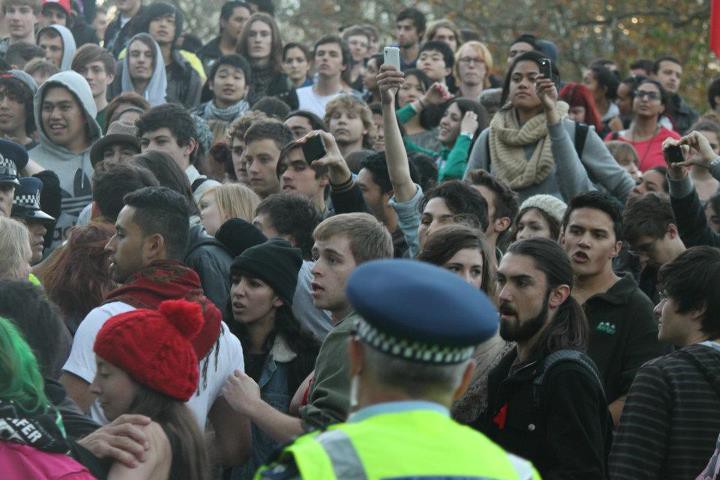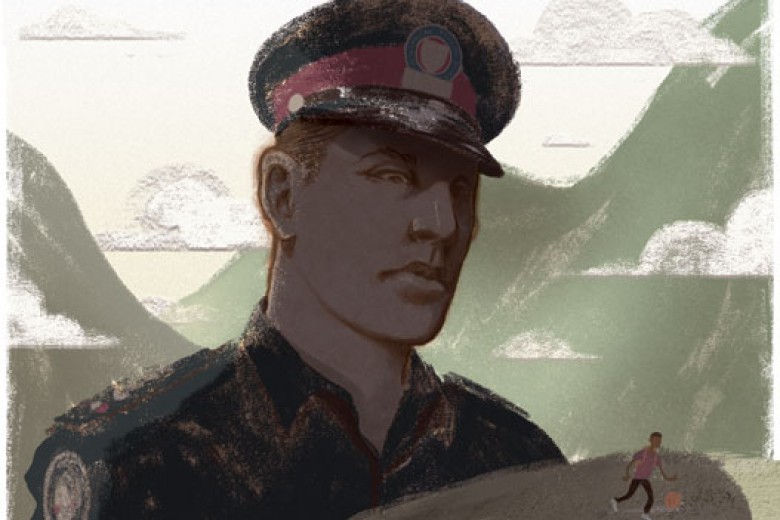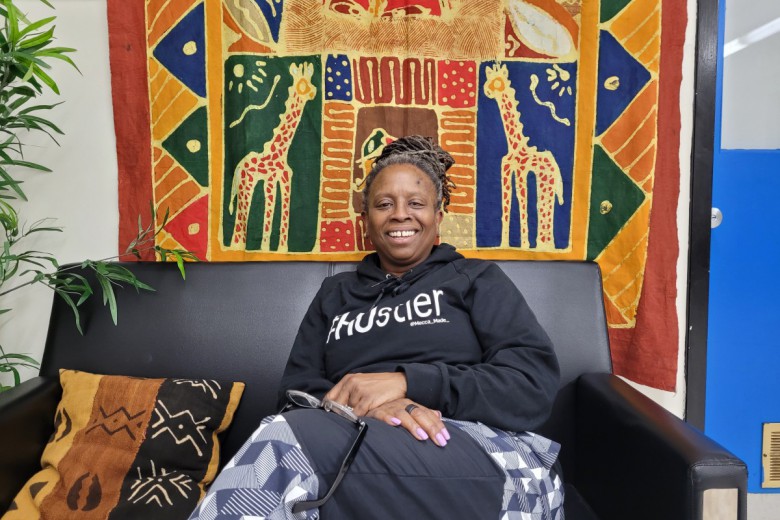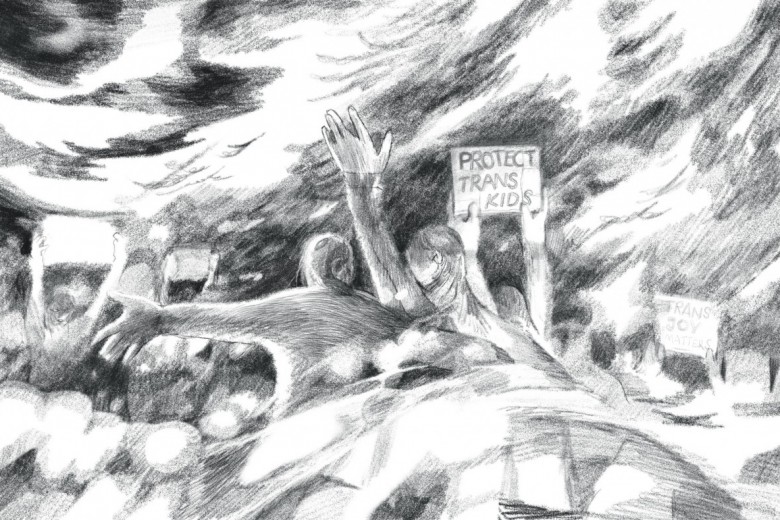
As this issue goes to press, general assemblies are underway across Quebec to determine whether students will continue the strike in defiance of Law 12 (formerly Bill 78), which legislates a resumption of classes in August and imposes heavy fines for noncompliance. On August 6, while police and the Sûreté du Québec prepared to open campuses by force if necessary, the first of the student assemblies voted to renew the strike. The same day over 1,100 professors and teachers across Quebec released a statement denouncing Law 12 and refusing to violate strike votes by returning to work. “We do not see ourselves as mere agents of the reproduction of the social order,” they assert, “and especially not as officers of the repression with which Quebec’s state power has decided to contemptuously attack the student community.”
The ongoing discord in Quebec is about much more than a tuition hike. The “cultural revolution” proclaimed by Quebec Finance Minister Raymond Bachand aims to subvert the principle of public services in favour of a user-pay system, in which education would be only one of the many services governed by the logic of the market. The recent manifesto by CLASSE, a student coalition representing roughly 80,000 members, states, “we now know that equal access to public services is vital to the common good. And access can only be equal if it is free.”
At a time when post-secondary education is a minimal requirement for obtaining an average income, much the same as a high school diploma was for the parents of striking students, demands for free tuition hardly betray inordinate entitlement or fanciful utopianism. Given the unmitigated environmental catastrophe (among others) that will be handed to students by previous generations, access to education and the opportunity to think things through seems to be the least we can offer them.
As the cover story of this issue explains, the neoliberal restructuring of post-secondary education in which “students become clients bound to pay a ‘fair share’ of the market value of their degree” is a direct manifestation of the ongoing crisis of capitalism, “which produces an ever-intensifying search for new markets, new kinds of commodities, new kinds of production and consumption.”
But as Enda Brophy writes in the closing essay of this issue, “the neoliberalization of the university has produced its own antagonists, and it is from the ranks of those who stand to lose the most from this transformation – students and academic workers – that the greatest conflicts have emanated.” Whether in Santiago, London, Aukland, or Mexico City, the university is again emerging as a critical field of contestation as capitalism undergoes another period of violent upheaval and reconfiguration. And it’s one worth fighting for.
In their feature story, “Defunding the Public Interest,” Clare O’Connor and Kalin Stacey look at an ongoing flashpoint in campus politics, the Public Interest Research Groups (PIRGs) that for almost 40 years have provided critical infrastructure and continuity for radical student organizing. This fact is not lost on conservative politicians, either on campus or in parliament. In the words of O’Connor and Stacey, “PIRG supporters should prepare for the fight.”
As students across Canada draw inspiration from the movement in Quebec and look for lessons on effective mobilizing, activists in the strike movement are careful to note that the historic uprising did not emerge overnight. It is the culmination of years of sustained organizing, informed by a tenacious culture of student radicalism many decades in the making.
Movement building is hard work. It is also by turns thrilling, maddening, painstakingly tiresome, and delightfully unpredictable. As students return to class this fall (or don’t), growing numbers are determining that it’s worth the effort. Together they can win.






